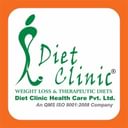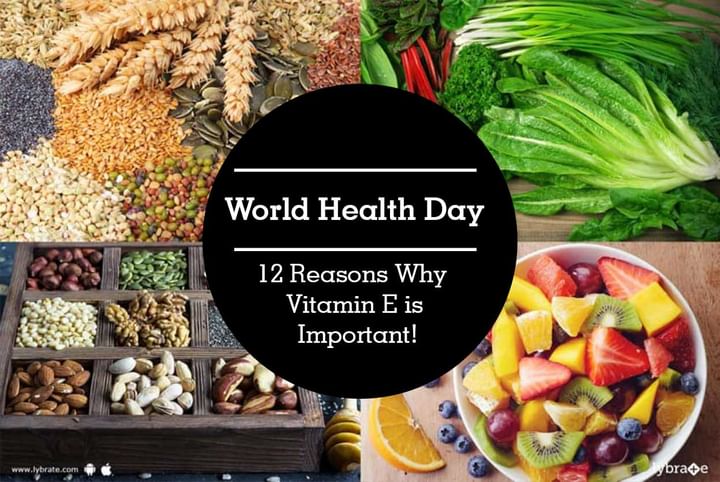World Health Day - 12 Reasons Why Vitamin E is Important!
World Health Day, celebrated on the 7th of April every year, is sponsored by the WHO and several other health organizations. It is observed by all the member states of the World Health Organisation. This World Health Day, we're calling for action to eliminate health inequities, as part of a year-long global campaign to bring people together to build a fairer, healthier world.
Vitamin E is a fat-soluble vitamin that in total has 8 compounds, of which only one compound is useful to humans. This is also known as alpha-tocopherol and plays a vital role in the antioxidation process and is believed to improve the overall ageing process.
Read on to know more about its benefits, functions, and sources.
- Vitamin E that is absorbed by the intestine is transferred to the liver, from where only alpha-tocopherol gets re-released into the system in small amounts. So, if your diet contains the other 7 variants, they are excreted by the liver (not required in humans).
- This active vitamin E controls the oxidation process in cells and prevents the release of free radicals, which is the culprit in all inflammatory processes. These can cause heart disease, diabetes, cancer, and stroke. This process is also accelerated by the environmental factors like pollution, UV rays, smoking, etc.
- Vitamin E is also shown to dilate blood vessels and prevent platelet clogging.
- Vitamin E is useful in preventing and treating diabetes and its related complications. Of note, diabetes is also considered as a chronic inflammatory process.
- The nervous system diseases including Alzheimer’s, Parkinson’s, and epilepsy can benefit from Vitamin E. It reduces overall cognitive declines and helps in these disease conditions
- Women are particularly benefitted from vitamin E, including premenstrual cramps, painful periods, hot flashes with breast cancer, eclampsia during pregnancy, and pregnancy complications
- Given their role in energy formation, they help improve endurance, energy levels, and improv muscle strength and reduce muscle damage.
- The antioxidant effect is useful in reversing ageing skin changes including wrinkles and fine lines. Vitamin E is used widely in skin care products including creams and lotions and helps in regeneration of skin and tissue.
- It is useful to control hair loss, which could be due to multiple reasons, including chemotherapy or side effect of drugs.
- It is useful in treating allergies, asthma, respiratory infections, and skin allergies.
- Eye diseases like cataracts and macular degeneration which are generally age-related can be controlled with adequate intake of vitamin E.
- Taken with other antioxidants like niacin, it is helpful in controlling the buildup of cholesterol.
Sources:
Natural food sources contain enough amounts of this vitamin to meet normal daily requirements, and so consume the following.
- Green leafy vegetables, legumes, and vegetable oils
- Whole grains and fortified cereals
- Fruits and nuts and seeds
- Seafood, poultry, and meat
- Eggs
- Dairy products including fat-free or low-fat milk
- Seafood
Given its wide availability, deficiency is rare, but supplements may be required for premature babies with low-weight and in people with some genetic disorders. If you wish to discuss about any specific problem, you can consult a dietitian-nutritionist.



+1.svg)
